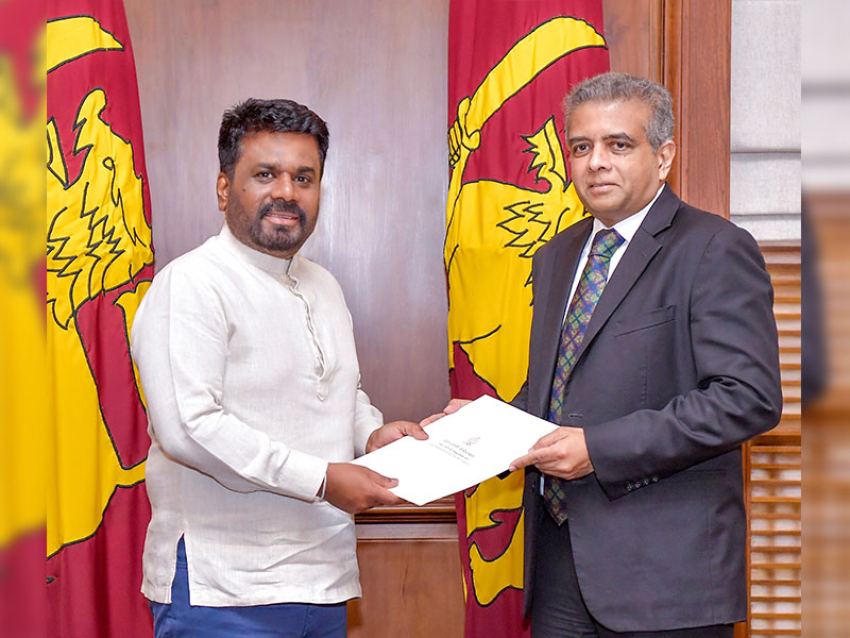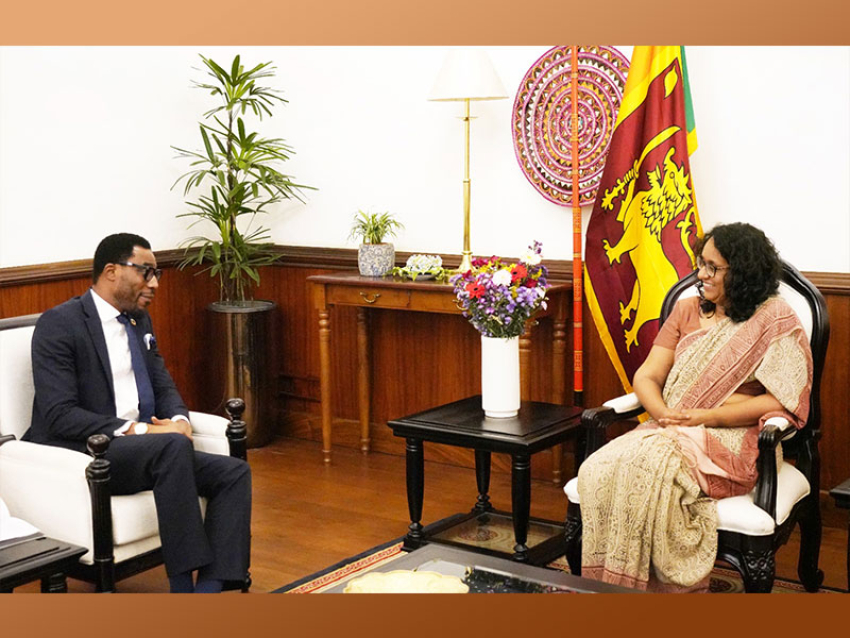Mentioning this, Defence Secretary Karunasena Hettiarachchi told The Hindu on Sunday that nothing had been finalised as of now. He refused to divulge the details of other options as, the Defence Secretary says “everything is under consideration.”
It is a temporary ban
Asserting that Fisheries Ministry has not been kept informed of the Sri Lanka government’s plans of ending the fishermen problem, Secretary W.M.M.R. Adikari says that as of now, mechanised trawling or industrial trawling has been banned temporarily. “Very soon, it will be made permanent and we are taking steps towards this direction,” she adds.
Tamil fishermen of the Northern Province, which is struggling to return to normality after a civil war of over 25 years, have been complaining that fishermen from Tamil Nadu, while engaged in illegal poaching, are using mechanised bottom trawling. This is causing havoc to the marine eco-system as it scrapes the seabed.
Blame it on demarcation
Even though authorities of the Indian government know that fishermen from Tamil Nadu do cross the International Maritime Boundary Line (IMBL), they are also not oblivious to the genuine difficulty of the State’s fishermen, especially in the districts of Thanjavur, Pudukottai, Nagapattinam and Ramanathpuram, consequent to the demarcation of the IMBL.
If they have to do fishing within Indian waters, the extent of area is less. The distance between Dhanushkodi and the IMBL is nine nautical miles (NM) and the maximum distance is 34 NM, which is between Devipattinam and the IMBL. As per the Tamil Nadu Marine Fishing Regulation Act 1983, mechanised fishing boats could fish only beyond 3 nautical miles from the coast. The area, available for fishing near Dhanushkodi, amounts to six NM. No proper fishing grounds are available in the area which also has rocks and coral reef.
It is a real problem
It is for these reasons that the Indian government has been insisting that the fishermen problem be viewed from humanitarian and livelihood dimensions and not just in a narrow, legal way. At the same time, unmindful of sentiments in certain sections of Tamil Nadu, the government in New Delhi has been very clear that the question of retrieving the Katchatheevu islet from Sri Lanka does not arise as it is a settled matter.
Pointing out that the idea of licensed fishing for a limited number of fishermen is not a new one, Noor Mohamed Alam, president of the Mannar District Fishermen’s Cooperative Society Union in the Northern Province, says it should also be made clear whether stipulations will cover the duration of fishing and the number of fishermen to be allowed. “However, we will not go back from our position of opposing any such move.”
‘Ok if they stick to traditional fishing’
Mr. Alam reiterates that his community will not raise objection if the Tamil Nadu fishermen are willing to adhere to traditional fishing in Sri Lankan waters. He feels that there is a view in the Central government of Sri Lanka that any permission to Indian fishermen even in a limited way may lead to strong reactions from political adversaries of the government. (The Hindu)



















